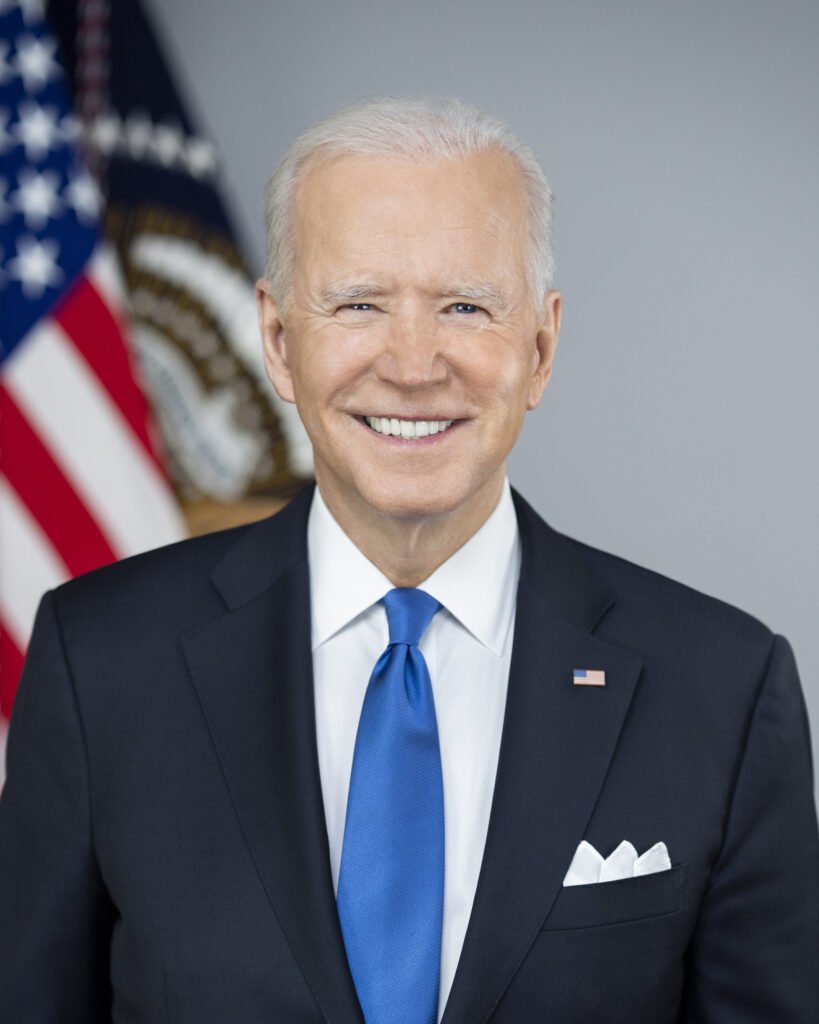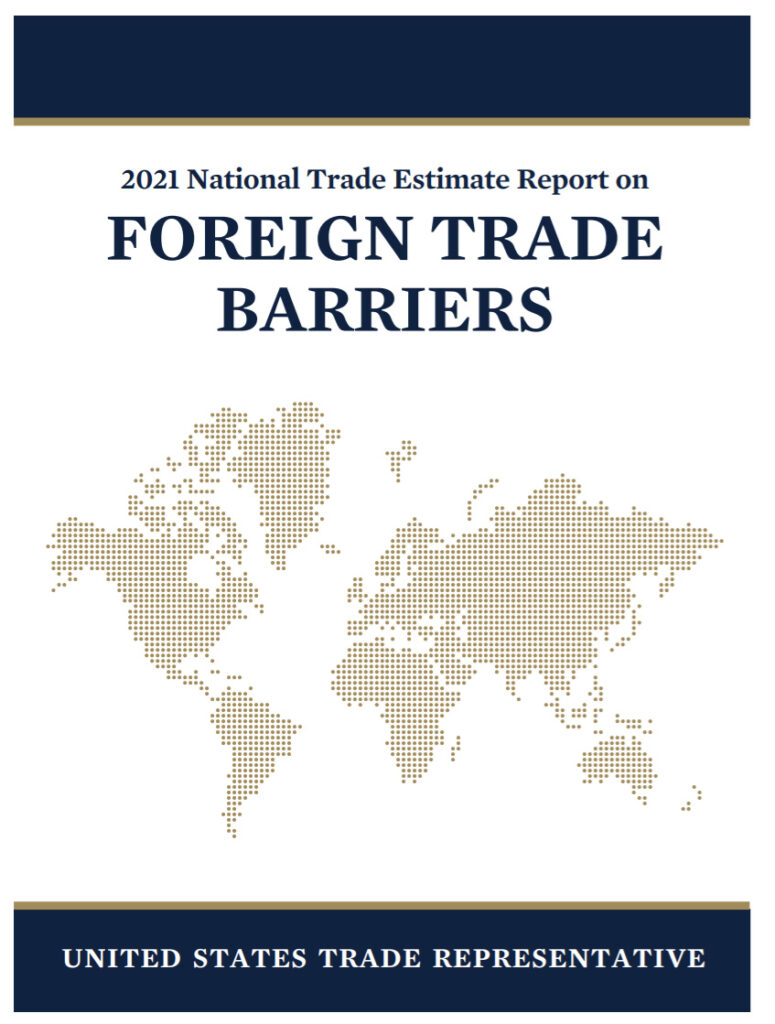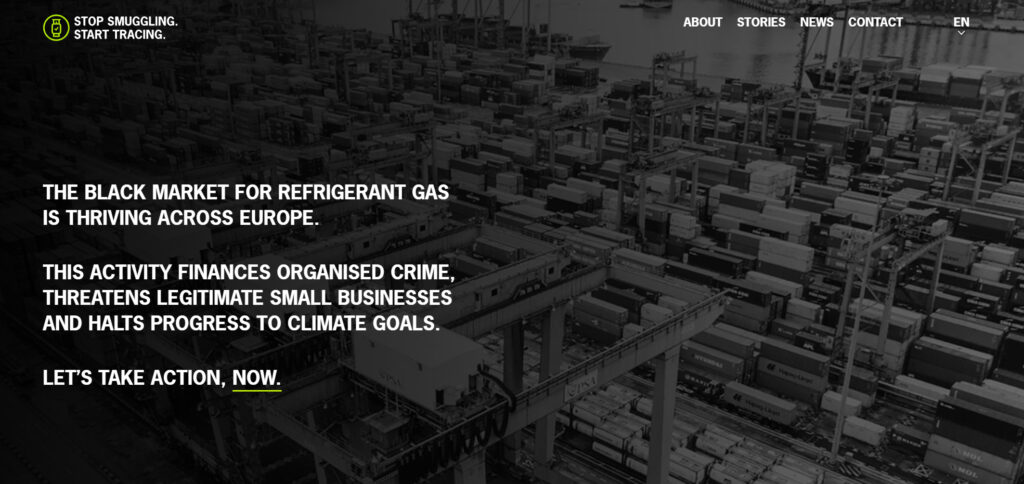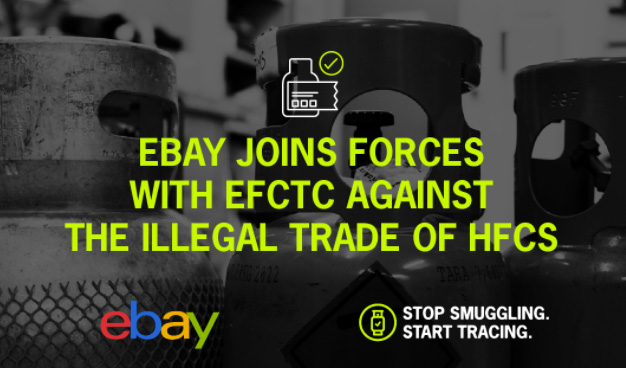EPA moves to phase down HFCs In United States
- PostedPublished 6 September 2021
The United States Environmental Protection Agency (EPA) has proposed new legislation that will start the nation’s phase-down of environmentally harmful HFCs.
Its first step in the proposal will be to establish baseline HFC manufacturing and consumption levels, enabling proper reduction targets to be developed.
The EPA’s proposed plans further involve assessing and deploying ways to allocate HFC allowances in 2022 and 2023, as well as the creation of a compliance and enforcement system that will help maintain ongoing reductions.
Driving the EPA’s new actions is the American Innovation and Manufacturing (AIM) Act, which was passed by Congress at the end of 2020.
The AIM Act, which is designed to tackle the environmental risks of HFCs and reduce global warming, directs the EPA to reduce the production and import of HFCs in the US by 85 per cent over the next 15 years. In their place, more efficient and environmentally safer alternatives and cooling technologies will be used.
To achieve such significant goals, the AIM Act also provides the EPA with the authority required to tackle a wide range of HFC-related issues, including allocation, production and reclamation.
The AIM Act’s HFC phase-down aligns with the targets of the HFC-reducing Kigali Amendment to the Montreal Protocol, which has so far been ratified by more than 115 countries.
President Joe Biden has ordered that the US itself should ratify the Kigali Amendment, following the Trump administration’s inaction on the matter.

Other highlights of the EPA’s proposed rules for addressing HFCs under the AIM Act include the creation of an HFC allowance and set-aside pool, which could be used for mission-critical military applications and new market entrants, and a ban on disposable refrigerant cylinders – which are often used in illegal trade and cause environmental issues.
The EPA is now accepting comments on its plans and, after a public hearing, the agency intends to finalise its proposals later this year.
However, as evidenced by efforts in Europe, meaningfully assessing and enforcing HFC phase-down legislation can prove problematic. Regardless, the benefits should prove significant for the economy and environment.
The EPA estimates that the cumulative savings, in health- and climate-related areas, from 2022 to 2050, could amount to $US283.9 billion ($A367 billion) – while the total emissions reductions are projected to be equivalent to CO2 reductions of 4.7 billion tonnes.
US wades into European Union’s illegal F-gas problems
A new trade report published in the United States says the country wants to help the European Union tackle its problematic illegal refrigerant trade.

The issue stems from EU F-gas regulations, introduced in 2015, which sought to reduce the circulation of gases with a high global warming potential.
Unfortunately, the ongoing and increasing restriction of the availability of certain environmentally harmful gases – including R134a and R404A – has led to a burgeoning and comparatively unchecked illegal refrigerant trade.
The impact on legitimate entities has been significant, and now the US and stakeholders are concerned that the illegal HFC trade is harming American refrigerant businesses and exports.
In the report from the Office of the United States Trade Representative (USTR), concern is expressed about Europe’s lack of F-gas enforcement, regulation oversights and quota issues.
The paper, titled 2021 National Trade Estimate Report on Foreign Trade Barriers, also once again highlights the fact that the illegal EU refrigerant market may have a volume equivalent to 33 per cent of the legal quota – reducing the demand for legitimate and environmentally friendly alternatives and harming businesses.
However, the report concludes with plans for the US to collaborate with the EU, as well as other involved countries, to help combat illegal trade.
eBay clamps down on illegal HFC sales
The European FluoroCarbons Technical Committee (EFCTC) has welcomed steps taken by eBay to restrict the sale of refrigerants on its platform.
While the online marketplace did have protective measures in place, it was not uncommon to find listings for refrigerants, often in illegal non-refillable cylinders – with gases previously noted and reported including R32, R410A and R134a.

The website has now updated and enhanced its filters and blocking mechanisms, across its European sites and in line with current regulations, to make it harder for illegal sales of refrigerants to take place. It has also invested in staff training to help reduce the illicit trade.
Delphine Dauba-Pantanacce, director and global regulatory lead at eBay, said: “For many years we have worked with regulatory authorities and experts in the refrigerants space, adjusting our measures in line with the constant evolution of EU rules.
“We have now taken further steps to prevent the illegal sale of HFCs on our marketplace and continue to welcome collaboration with governments and bodies such as EFCTC in this area.”
The EFCTC, which represents refrigerant manufacturers and provides information about chemicals and legislation, says that the COVID-19 pandemic had increased the reliance on online trading – which, in turn, had made certain websites more of a target for sellers of illegal goods.
Even before the pandemic, however, research commissioned by the EFCTC revealed that a large portion of illegal trade was being carried out through online marketplaces.
While the EFCTC has praised eBay’s actions, it cautions that such sites are just a piece of the puzzle. It has subsequently called for continued efforts from stakeholders to avoid illegal HFCs, report questionable materials and protect the legal supply.
The potential scale of illegitimate trade is not to be underestimated, given that a total of 34 million tonnes of CO2 equivalents were thought to have entered the EU market illegally in 2018. That, to put things in perspective, was equivalent to a third of the legal quota.

- CategoriesIn SightGlass
- TagsEPA, HFC phasedown, HFCs, Refrigerants Australia, SightGlass News 24, USA


